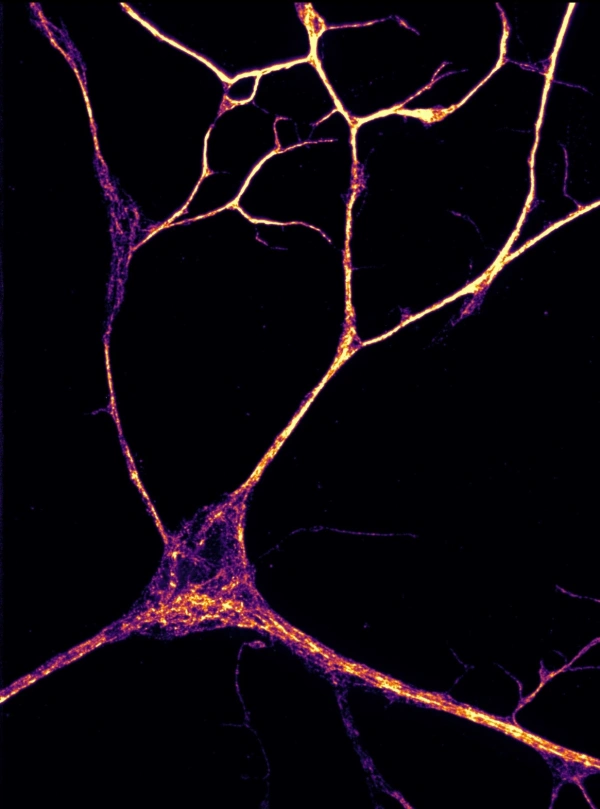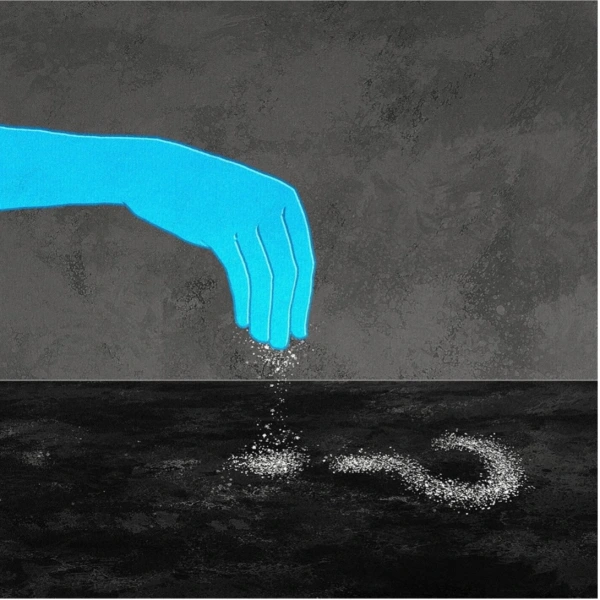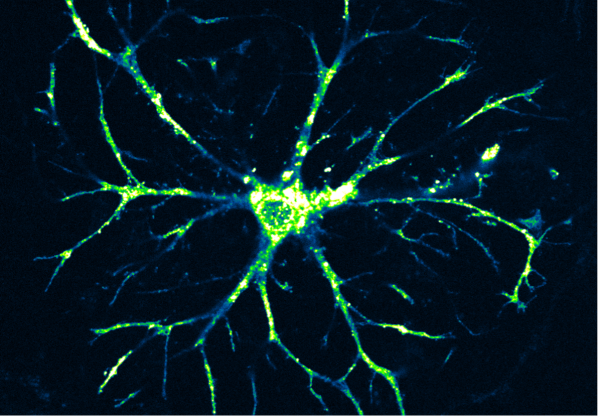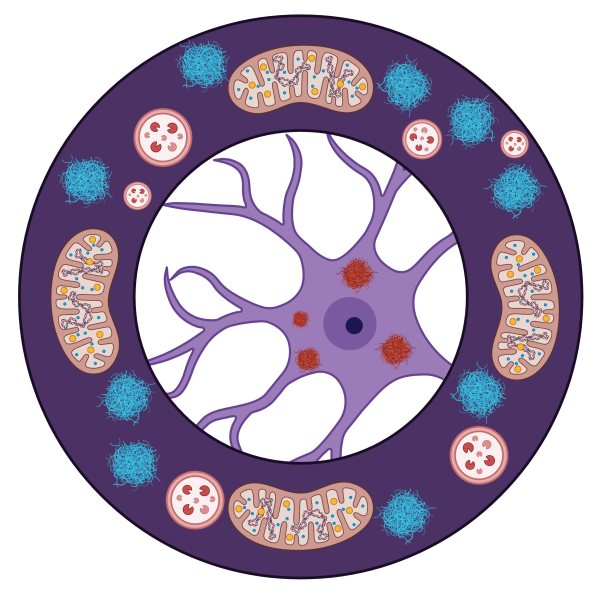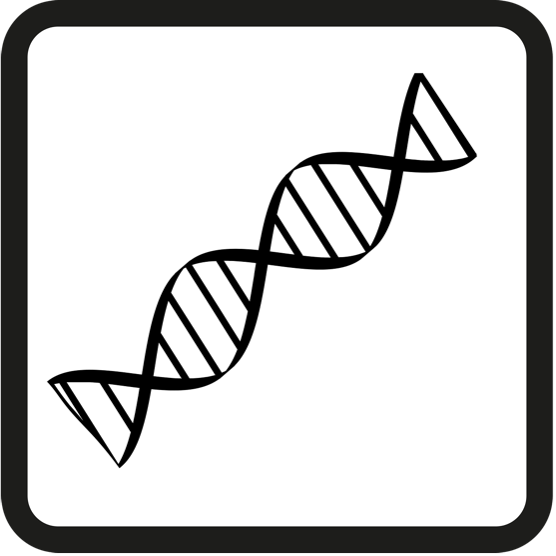Neurons are far from the only cell type in the brain; other cells like astrocytes and microglia are also crucial for brain function. In certain diseases like Parkinson’s and Alzheimer’s where we see irreversible neuron death, researchers are starting to ask: what role do these other cell types play?
Opioid drugs: Pain, pleasure…poison?
Opioid drugs have many effects – from medicinal to thrilling to deadly. How do they do so much at once?
Your brain on Ozempic
We’ve all likely heard of the “weight loss” drug Ozempic, but what does it do to the brain?
2023 Neuroscience Year in Review
Our writers share what got them excited about neuroscience in 2023.
Astrocytes: the “stars” of our central nervous system
The cells in our brain are constantly chatting, with neurons being the loudest of them all. But listen closely, for some quieter voices may be saying things you don’t want to miss…
Parsing Parkinson’s pathology
Parkinson’s disease is a neurological disorder that affects 1% of the U.S. population above the age of 60. Symptoms of Parkinson’s impact all facets of life. You might be wondering- if Parkinson’s is so common, why haven’t we been able to develop a cure? Here, we break down some of the aspects of Parkinson’s pathology that make it such a complicated disease to understand.
The curious tale of epigenetics: How do genes change during our lives?
Genes may not be the only thing parents are passing down to you.
A new tool to bypass common drug side effects
Scientists are developing a therapeutic tool to treat disease that avoids common side effects.
From Paleolithic to Petri dish
What growing ‘mini brains’ of our ancestors can tell us about ourselves
Autism spectrum disorder linked to long-ignored brain area
What overlooked part of the brain could be contributing to autism?
Healing from the hypothalamus
When we get hit with an infection, the reaction of a brain structure called the hypothalamus makes us feel sick – but its unpleasant responses are also important steps on the way to healing.
Mighty microbes: The gut-brain axis and the motivation to exercise
The bacteria in your gut may be helping move more than your bowels– they can actually improve your overall health! Read about how a healthy balance of microbes in the gut can improve motivation to exercise
Can fungus turn ants into zombies?
A parasitic fungus infects ants and manipulates their behavior. What’s happening behind the scenes?
Monoclonal Antibodies: From COVID-19 to Alzheimer’s
Unpacking the two newest FDA-approved drugs for Alzheimer’s disease
Can a racing heart lead to a racing mind?
In a recent study, neuroscientists found that the physical sensation of a rapidly beating heart is enough to cause anxiety.
Shopping the brain: How to find regions to test drive
With a complex organ like the brain, how do neuroscientists decide where to focus their attention? Two newer technologies are paving the way for a fast process that helps researchers make this important decision.
Growing evidence for a link between viral infections and brain diseases
A new study finds links between several viruses and brain diseases. We’ll break down what this study does and doesn’t tell you about what to think next time you get the flu.
2022 Neuroscience Year in Review
Read about what excited our writers about neuroscience this year.
Brush it real good!
Scientists find a link between oral bacteria and the brain
Video Supplement to Electroconvulsive Therapy: The Mystery of Mechanism
Do doctors still use electroconvulsive therapy?
You are what you eat: Exploring fecal microbiota transplant
Microbes in our gut (and our poop) can impact our brain and our behavior. Could we treat brain diseases and disorders by swapping “unhealthy” microbes for “healthy” ones?
Much ado about microglia
Microglia are the brain’s immune cells, but what do they do when they’re not hunting down foreign bacteria or munching on debris in the brain? Can they even influence how you sleep?
How are neurons categorized?
There are 100 billion neurons in the human brain. How can we possibly categorize all of them, and why is it important?
What we can learn from the fly on the wall
They might be small, but fruit fly research has led to wide-reaching discoveries in science and six Nobel Prizes!
What’s going on in an axolotl brain?
A recent study genetically sequenced the axolotl brain to understand how they can regenerate parts of their brain!
Glutamate: Hungry for more
A second helping of knowledge about this key ingredient in our bodies and brains.
Seeing the forest for the trees
Neurons come in all shapes and sizes, forming a diverse ecosystem in the brain.
The sweet taste of lemon
A slice of lemon can taste like perfect lemonade. Just add miracle berry!
Go with your gut: how your gut knows the difference between sugar and artificial sweetener
Think you have a sweet tooth just because you like the taste? A new study reveals a different reason for why you prefer sweet foods.
Trash in the brain leads to Alzheimer’s disease
A recent study found that plaques in the brains of Alzheimer’s disease patients are formed when cells’ cleanup machinery becomes defective.
